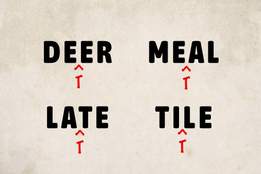plagiary
noun
pla·gia·ry
ˈplā-jē-ˌer-ē 

-jə-rē
plural plagiaries
1
archaic
: one that plagiarizes
2
Love words? Need even more definitions?
Merriam-Webster unabridged








Share